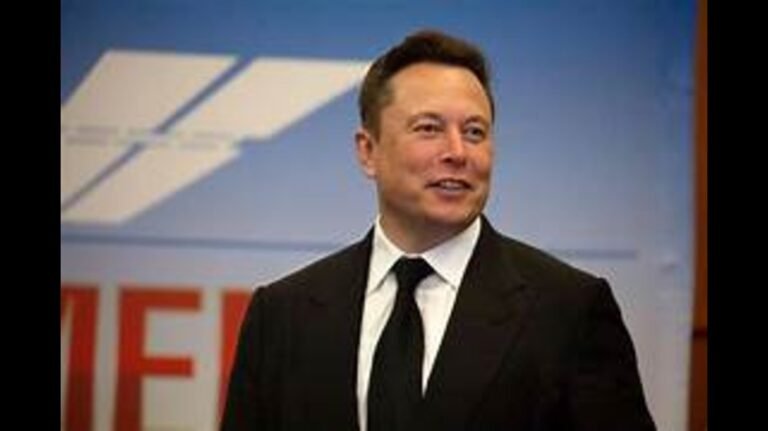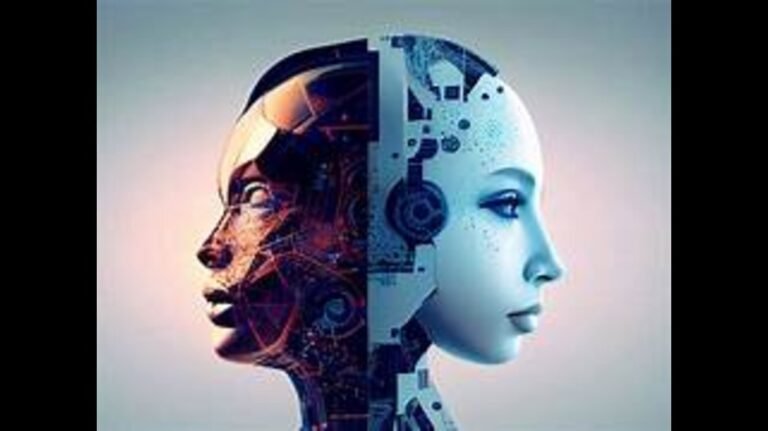According to a White House report first published with CNN, roughly 10% of US workers hold positions that are most vulnerable to disruption from rapidly advancing artificial intelligence.
The White House’s most thorough examination of the effects of AI on the US labor market to date is contained in this report. According to the research, workers with lesser incomes and educational backgrounds are more likely to be exposed to AI, which increases the possibility that the technology may exacerbate inequality.
Included in the annual Economic Report of the President by the Council of Economic Advisers, the findings cover artificial intelligence (AI) in detail and offer recommendations for policymakers.
“If we were approaching this from a health perspective, we would be asking: Who is most likely to contract the virus, and how can we vaccinate them against it?” In an interview with CNN, White House Council of Economic Advisers chair Jared Bernstein stated.
The paper highlights the serious considerations White House officials are giving to AI and what steps they can take right now to steer its development in a way that would ultimately help workers.
Governments have paid insufficient attention to certain technological and social media advancements as they have grown. With AI, we won’t allow it to occur,” Bernstein declared.
According to Bernstein, the White House is in talks about being AI-ready with labor unions, particularly in the industrial and service sectors.
Like any new technology, researchers predict AI will enhance certain people’s work by increasing their productivity. There could be a loss of other jobs.
Among the many warnings in the White House report is a warning that as AI advances and expands in scope, the final effects on labor may differ.
Some jobs that were previously solely performed by humans can now be completed by generative AI, such creating funny stories, realistic graphics, and song lyrics.
20% of workers hold jobs with high exposure to AI.
The influence on labor was examined by White House economists who identified sixteen job activities that involved a high level of AI exposure. Next, researchers attempted to identify which jobs involve AI-related tasks that are essential to the position.
Approximately 20% of people are employed in these high-AI exposure jobs, according to the survey. This result is consistent with that of the Pew Research Center, which found that 19% of American workers in 2022 had employment where they were most exposed to AI.
According to the CEA assessment, “such workers are plausibly the ones most likely to be affected by AI, either positively through complementarity or negatively through substitution or displacement.”
However, in order to focus on the jobs most at risk of being replaced, researchers divided up the jobs based on how challenging the tasks were.
According to the paper, “labor-substitution is easiest and cheapest in situations where complexity and difficulty are low.”
Comparing complimenting and displacing workers
10% of workers, according to the researchers, have low performance criteria and considerable AI exposure.
These employees “perform the tasks that are most likely to change as a result of AI,” according to the report. It did not specify which industries or professions fit under this heading.
Researchers emphasized that the ramifications for workers may be “quite nuanced,” therefore this does not imply that 10% of workers “will inevitably lose their jobs.”
According to the research, “most jobs remain a collection of tasks of which only a portion can be automated.” “With AI, jobs could change fundamentally without requiring as much labor from humans, allowing them to concentrate on other tasks.”
The White House economists, for instance, point out that jobs for school bus drivers won’t necessarily disappear even if AI someday enables school buses to drive themselves.
According to the paper, children might still require an adult to supervise them, make sure they behave, and make sure they get on and off the bus safely. “The job of a school bus driver may change significantly as a result of AI-led automation, but it is not likely to disappear.”
According to the article, even though autopilot technologies have been in use for more than a century, airlines still employ pilots.
It is incorrect to begin a conversation on AI with the presumption that it will inevitably result in a large loss of jobs. That isn’t how office technology has historically operated, according to Bernstein.
AI might make inequity worse.
Nonetheless, some employees are exposed to AI more than others.
According to a White House assessment, 14% of recent high school graduates without a four-year degree work in occupations with a lot of AI exposure but low performance standards. In contrast, a mere 6% of employees holding a bachelor’s degree are classified as higher risk.
The study also found that women are more likely to have low performance criteria and high AI exposure, “suggesting that women may be at higher risk of displacement.”
Workers with lower incomes might potentially be more vulnerable to AI disruption.
According to the survey, approximately 40% of employees in the third income decile are highly exposed to AI and have low performance standards. Rich people are more likely to be exposed to AI, but their work demands are also more complicated.
The research concluded that the results “may indicate that AI may be a skill-biased technology, boosting relative demand for workers with high levels of education in high-earning occupations.” “They further contend that if AI replaces employment in lower-paying jobs and enhances higher-paying jobs, it may worsen overall income inequality.”
In most cases, AI will “likely worsen overall inequality, a troubling trend that policymakers must proactively address to prevent the technology from further stoking social tensions,” the International Monetary Fund said earlier this year.
But the White House report emphasized that it’s premature to declare with certainty that AI would exacerbate inequality, in part because this risk may have an impact on policy.
According to Bernstein, the Biden administration aims to put laws into place that will lessen the likelihood that labor will be replaced by AI.
“Technology is always evolving, but society currently exhibits a degree of inequality that policymakers are willing to overlook,” the speaker stated. “Technological advancements won’t be allowed to dictate inequality.”









+ There are no comments
Add yours